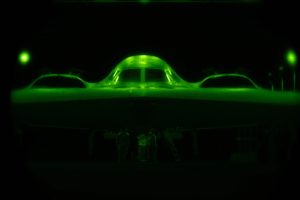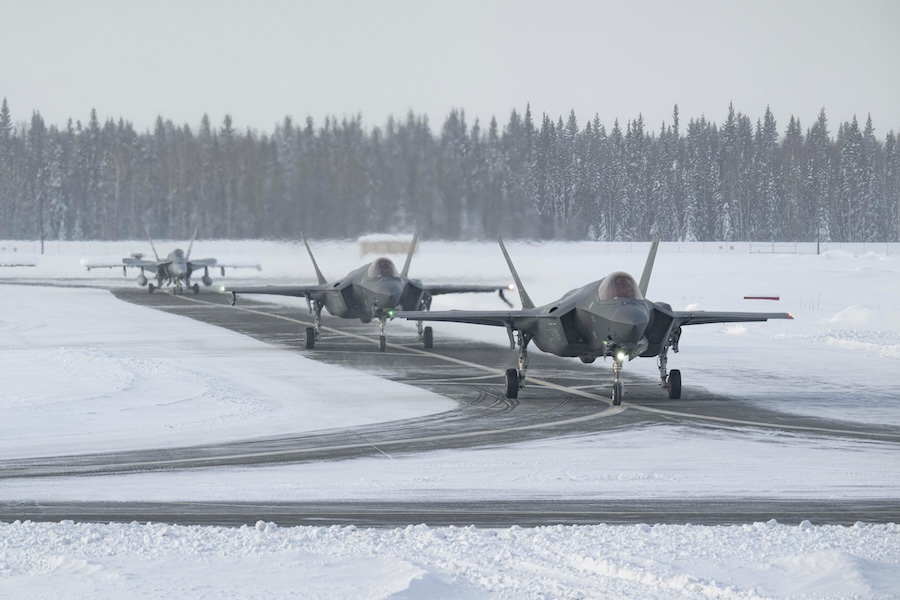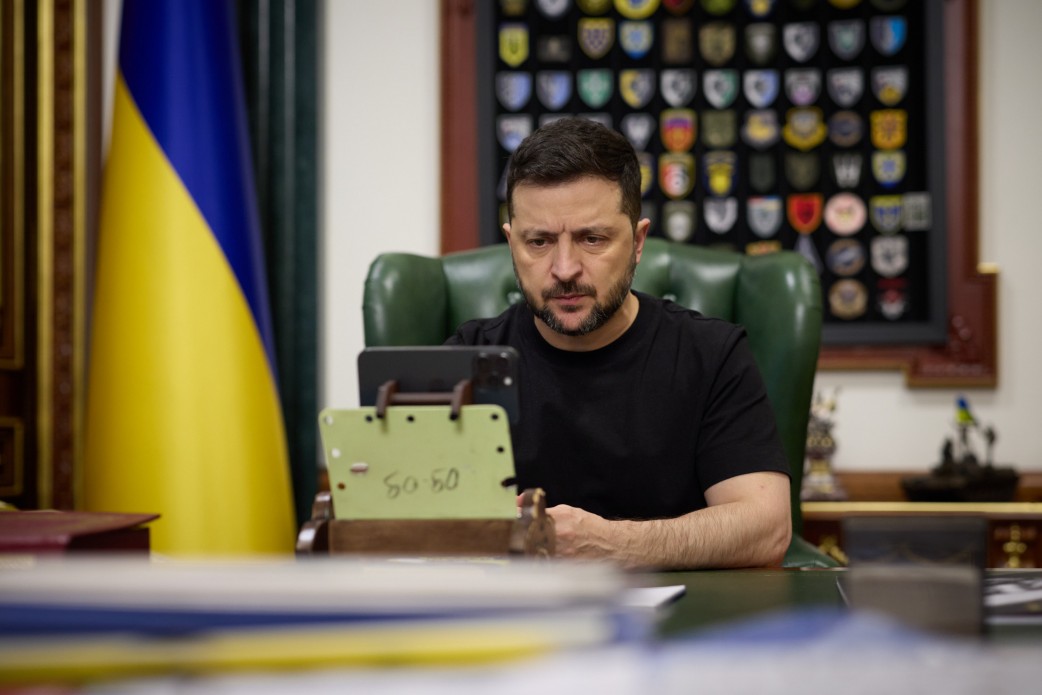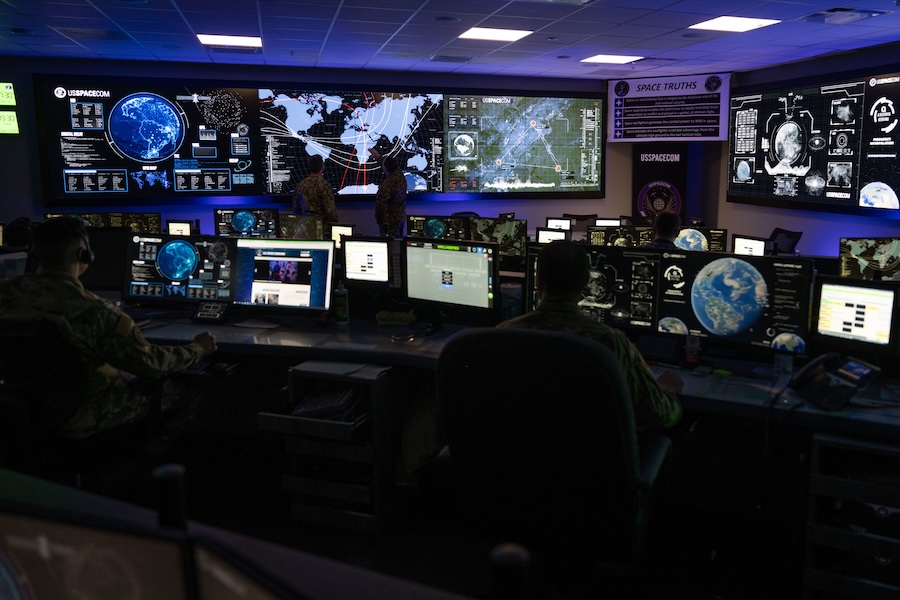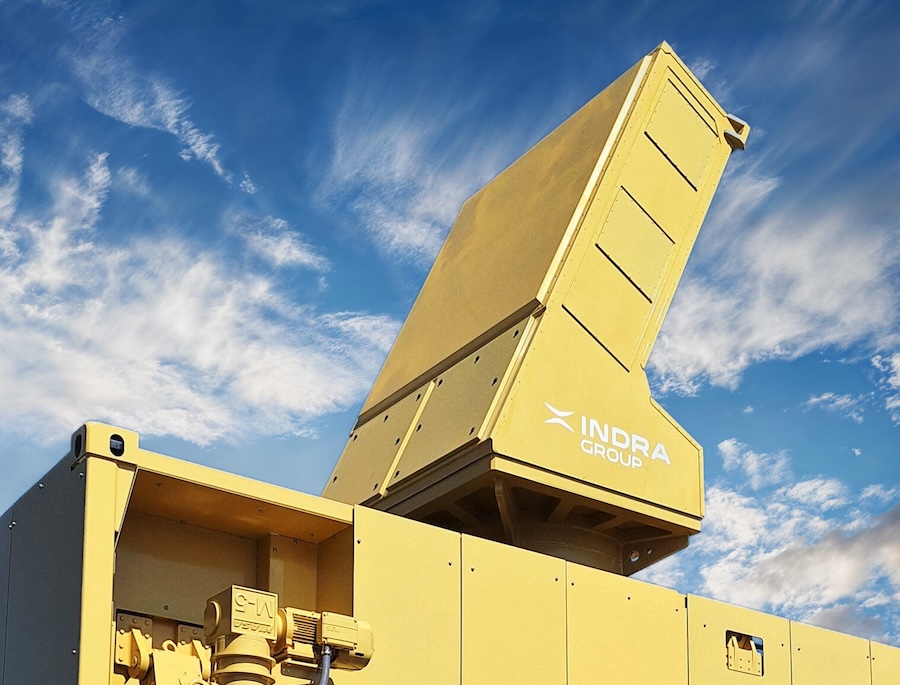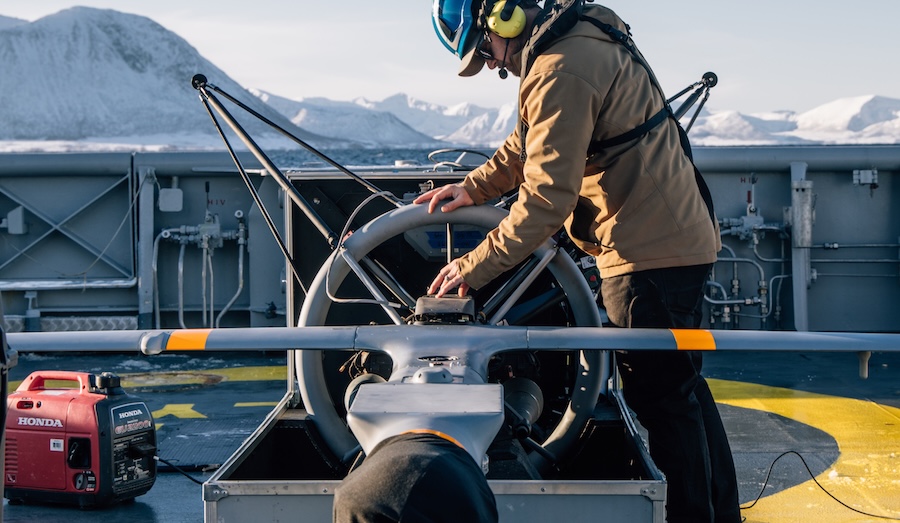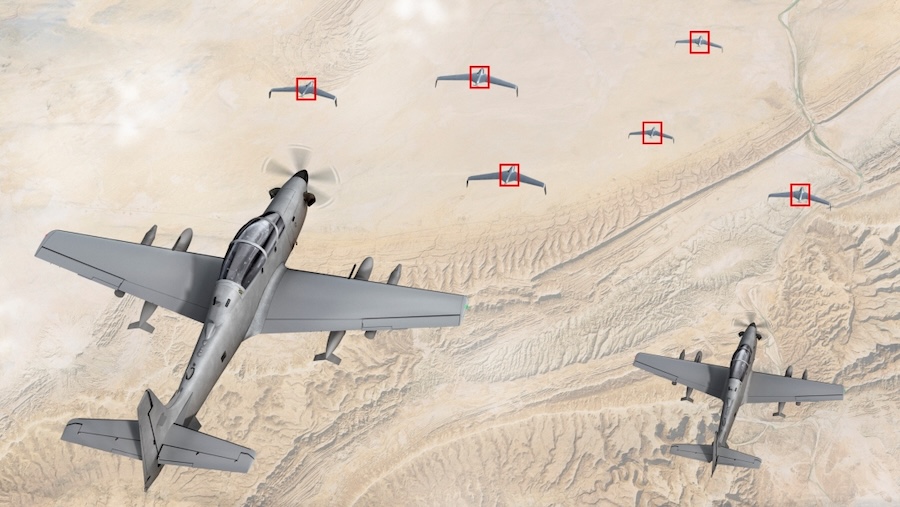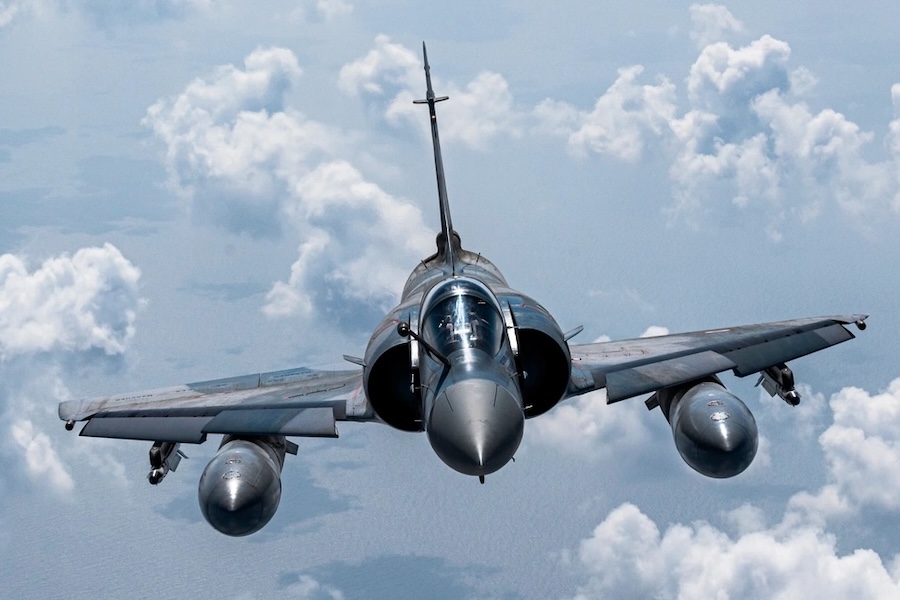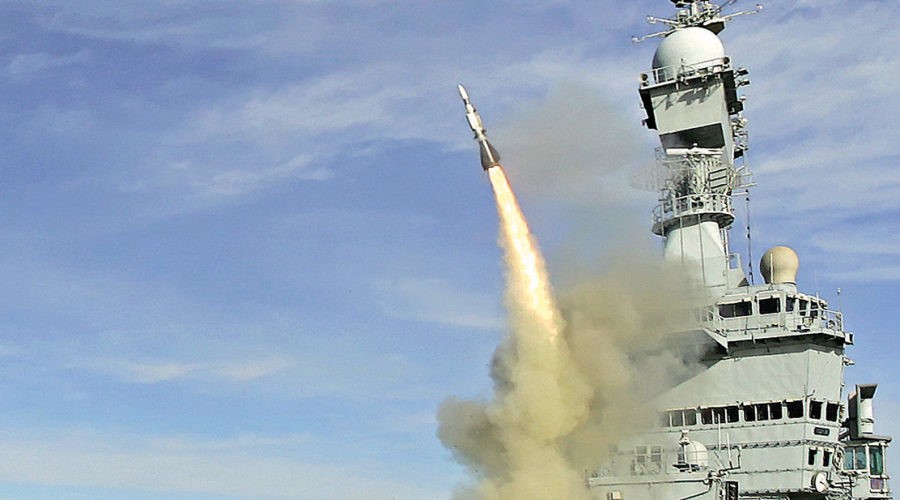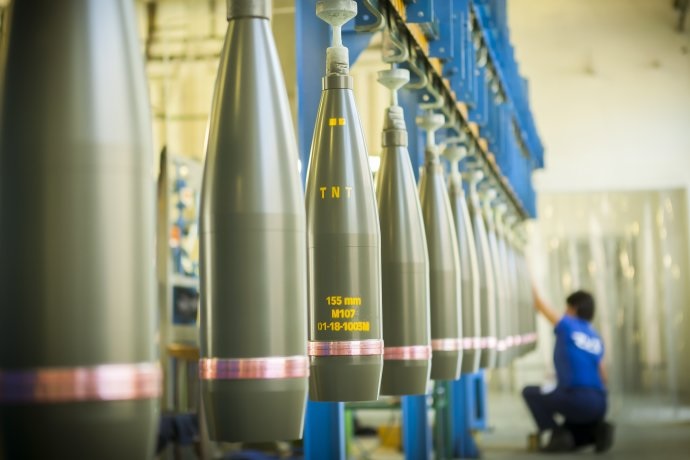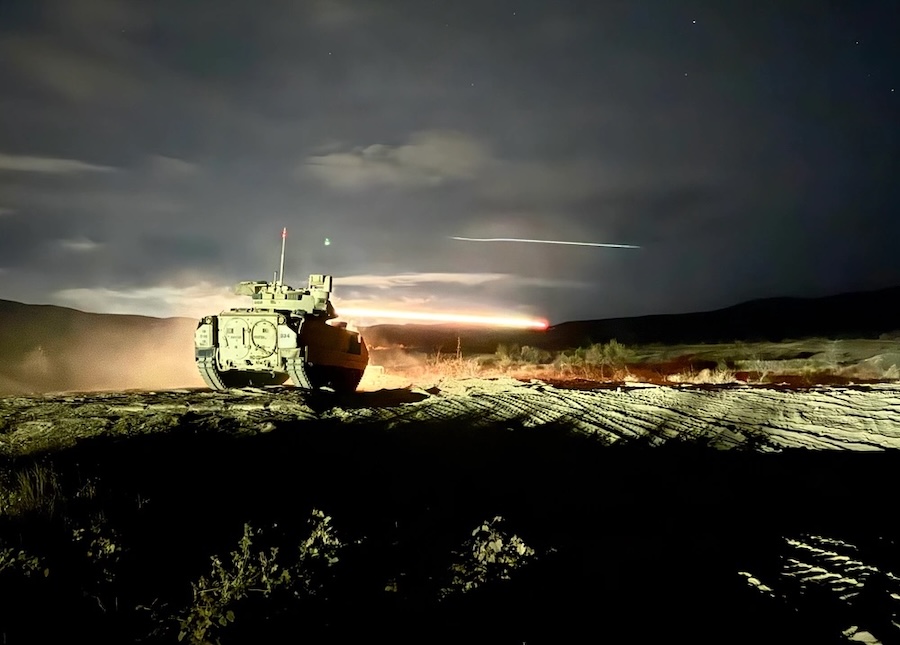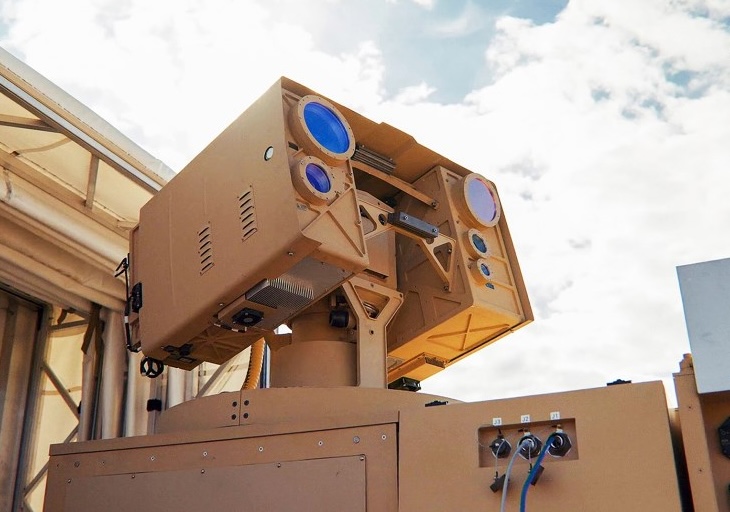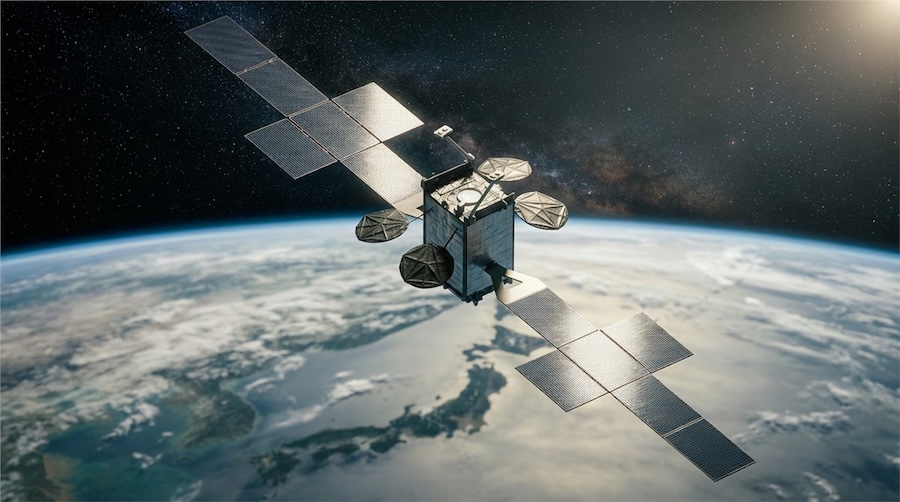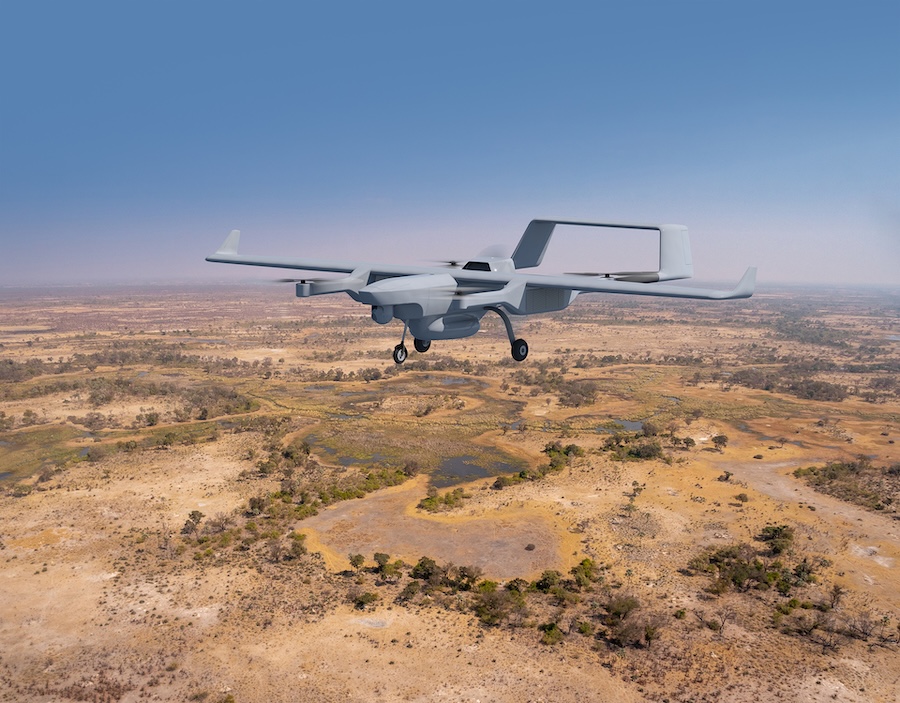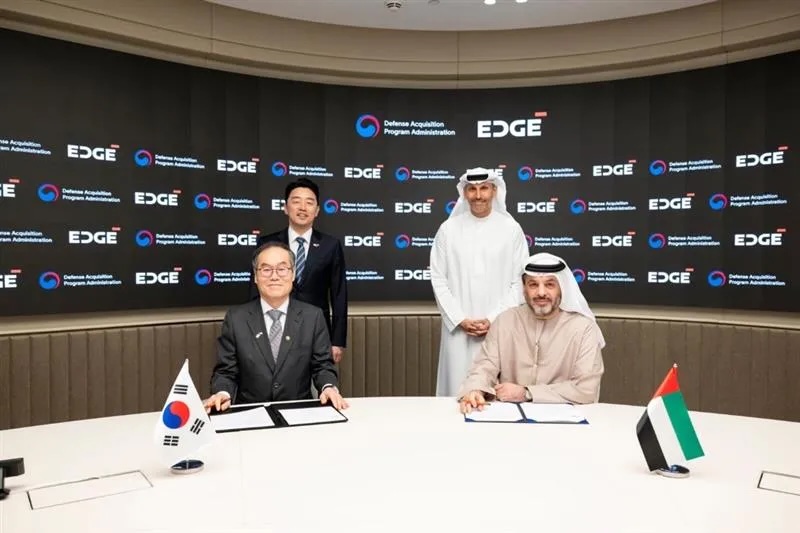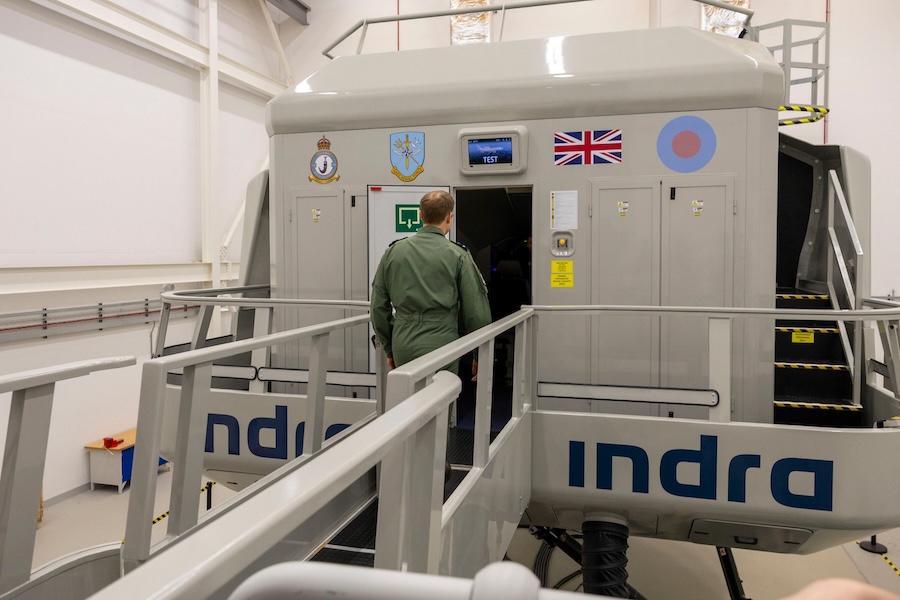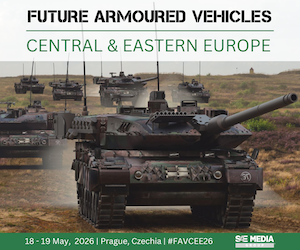“The United States has been clear with the Turkish government about our laws and policies regarding the acquisition of Russian defense equipment and the implications for acquisition of F-35 aircraft for Turkey,” Paul D. Guaglianone, a senior State Department legislative official, wrote to Congress. His correspondence responded to an August 7 letter from 40 Democratic lawmakers, led by Rep. Chris Pappas of New Hampshire, urging Secretary of State Marco Rubio to ensure sanctions compliance.
US officials maintain that Türkiye’s S-400 system could expose sensitive F-35 technology to Moscow and weaken NATO’s air defences. Under the Countering America’s Adversaries Through Sanctions Act, countries making significant defence purchases from Russia face mandatory penalties.
“The Trump administration is fully committed to protecting US defense and intelligence assets and complying with US law, including CAATSA. The US position on Turkey’s acquisition and continued possession of the Russian S-400 system has not changed,” the State Department letter said.
Türkiye was removed from the F-35 consortium in 2019, ending its role as both a buyer and manufacturer of the jets. Ankara had planned to purchase more than 100 aircraft and produced key components, and its removal disrupted supply chains and raised programme costs.
Sanctions were placed on Türkiye’s defence industry in 2020, though these were limited compared to broader measures some lawmakers had called for. Sen. Jim Risch, Republican chairman of the Senate Foreign Relations Committee, continues to oppose any sale of F-35s to Türkiye until it disposes of the S-400 system.
The F-35 dispute remains a central strain in US-Türkiye relations as the Trump administration seeks closer ties with its NATO ally. Other points of tension include the US presence in Syria, where American forces back Kurdish groups that Ankara considers terrorist organisations.
Türkiye’s exclusion marked a significant shift in defence cooperation between the longtime allies, underscoring the clash between Ankara’s more independent foreign policy and its NATO commitments.







